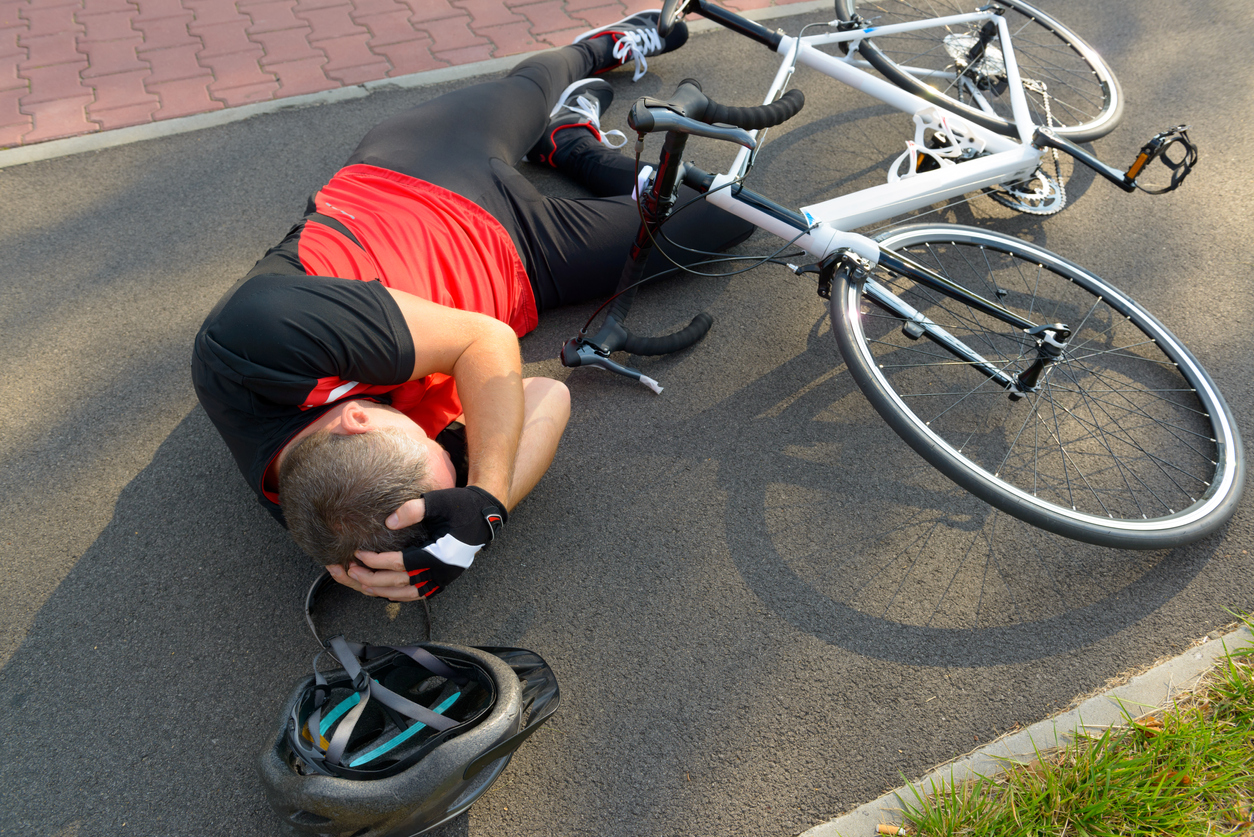Stages of Recovery
Our Neuropsychologists are available for office evaluations during any stage of concussion recovery. We…
- Interview younger students together with their parents.
- Review all symptoms and medical/concussion history.
- Test cognitive functioning and psychological stress.
- Recommend therapies and school accommodations as needed.
- Follow the patient to the point of full recovery, working closely with their physician and other rehabilitation providers.

Slow to Recover from a Concussion?
There are many student athletes who struggle with recovery from a concussion. In the past it was thought that all concussion patients “should” be recovered within a few months, but some recoveries do go on for even longer. Our clinical experience shows that slow recoveries often tend to be associated with having had multiple concussions – especially when two or more have occurred too close together in time – or from a severe concussion – often combined with pre-existing issues such as migraine headaches, anxiety,
What can be done for the slow-to-recover student?
- Interview younger students together with their parents.
Neuropsychologist – for evaluation and management of the student’s cognitive and emotional status
- Physicians – for ongoing medical diagnostic expertise and medications that may be helpful for sleep, headaches, attention, and/or mood changes
- Physical therapist – for treatment of vestibular and whiplash injuries, when indicated
- The School Team – including teachers, guidance counselor, school nurse, athletic trainer, psychologist, social worker
- Behavioral Optometrist – for diagnosis, corrective lenses, and/or treatment of post-concussion visual dysfunction.
- Occupational Therapist – for rehabilitation of post-concussive visual problems.
- Psychotherapist – if stress or post-concussion emotional effects such as anxiety and depression have become an issue.
- Support for the student and family. A slow recovery can bring stress. The student-athlete copes with the loss of team sports, disconnection from friends, frustration with unrelenting symptoms, and worries about falling behind or not being understood. Parents worry for their child and may find themselves spending considerable time dealing with medical appointments and school needs. Students and parents need guidance and reassurance in managing the recovery and dealing with challenges as they arise in school and at home.
- Neuropsychological consultation is essential. Slow-to-recover students can be expected to need academic support. They typically have persisting cognitive limitations and may need an academic accommodation plan (504 Plan or Individualized Education Program – IEP) which should be guided by the neuropsychologist’s assessment of the student’s specific cognitive strengths and limitations. This plan should take into account symptoms that may be exacerbated when a student is pushed (or pushes her/himself) too much to keep up with regular academic expectations. Neuropsychologists are uniquely qualified to monitor students in their cognitive and psychological recovery and to advise the academic team as to the need for evolving accommodations as the student recovers over time.
Contact Us
This process can begin with neuropsychological consultation. Call us today at 617-959-1010 for more information.
SPORTS CONCUSSION
OFFICE HOURS
| Mon – Fri |
9:00 AM – 5:00 PM |
| Evenings | By Appointment |
| Saturdays | By Appointment |
“The communication level and accessibility of everyone at SCNE is astounding. The consulting clinical neuropsychologists speak in easy to understand and easy to share language in an extremely timely manner. This has been invaluable in several “tough” long-last concussion situations.”
Jennifer E. Newell, Certified Athletic Trainer | The American School in London